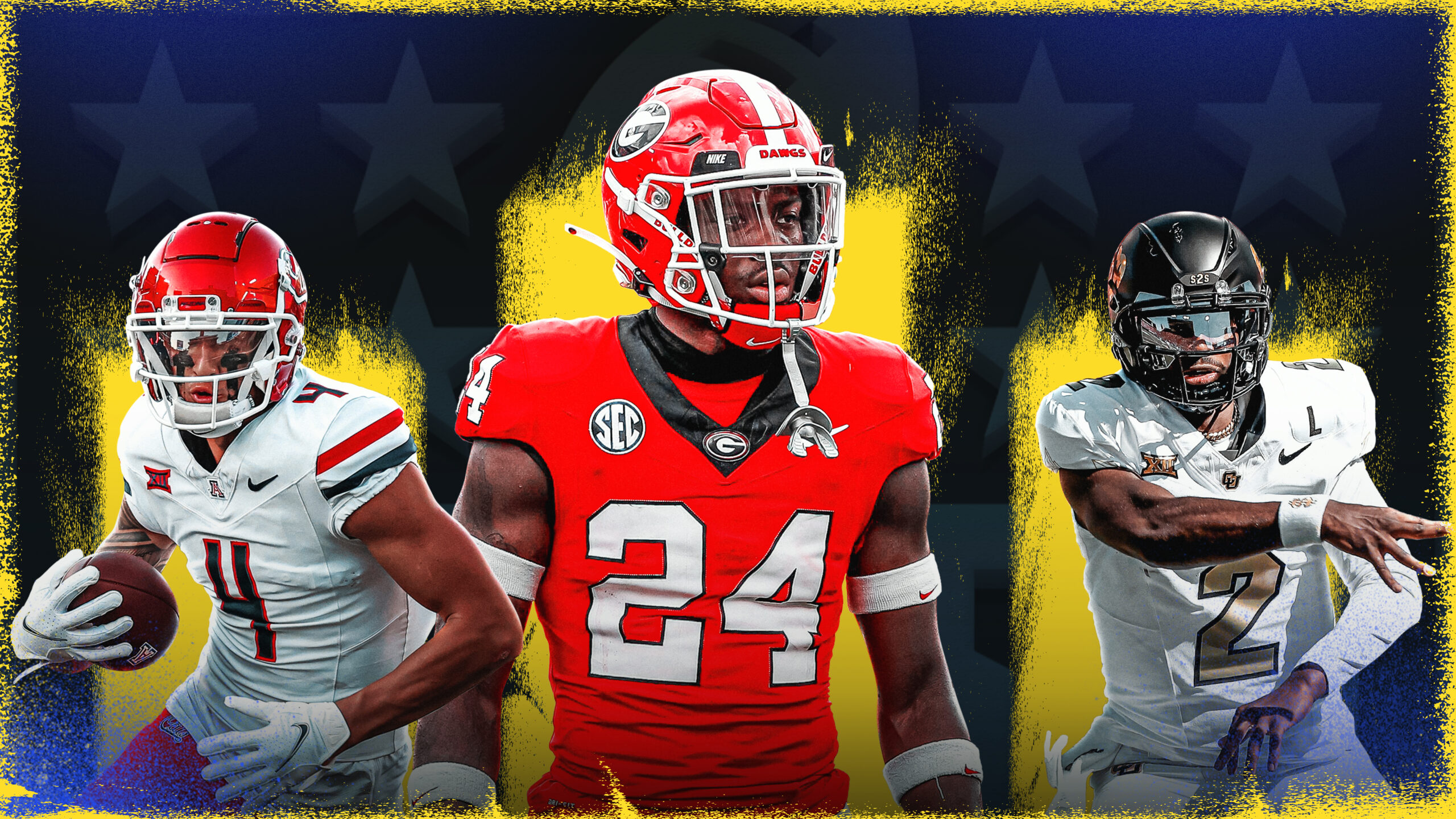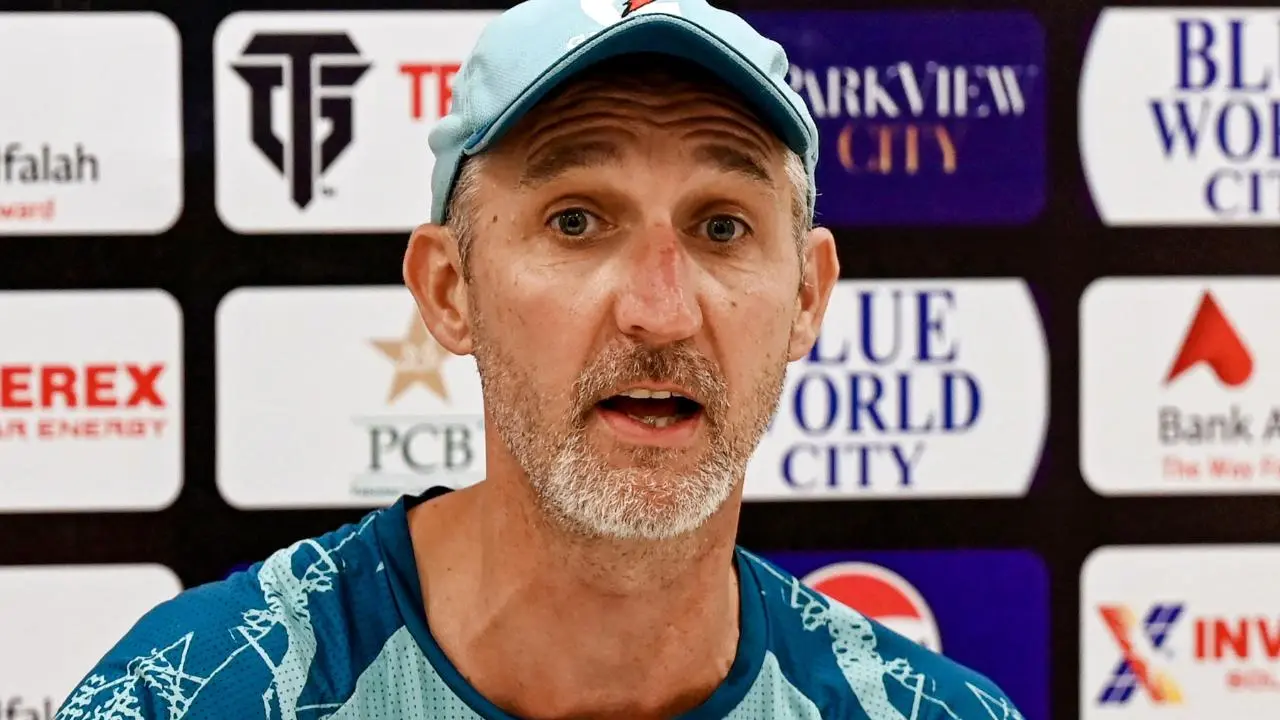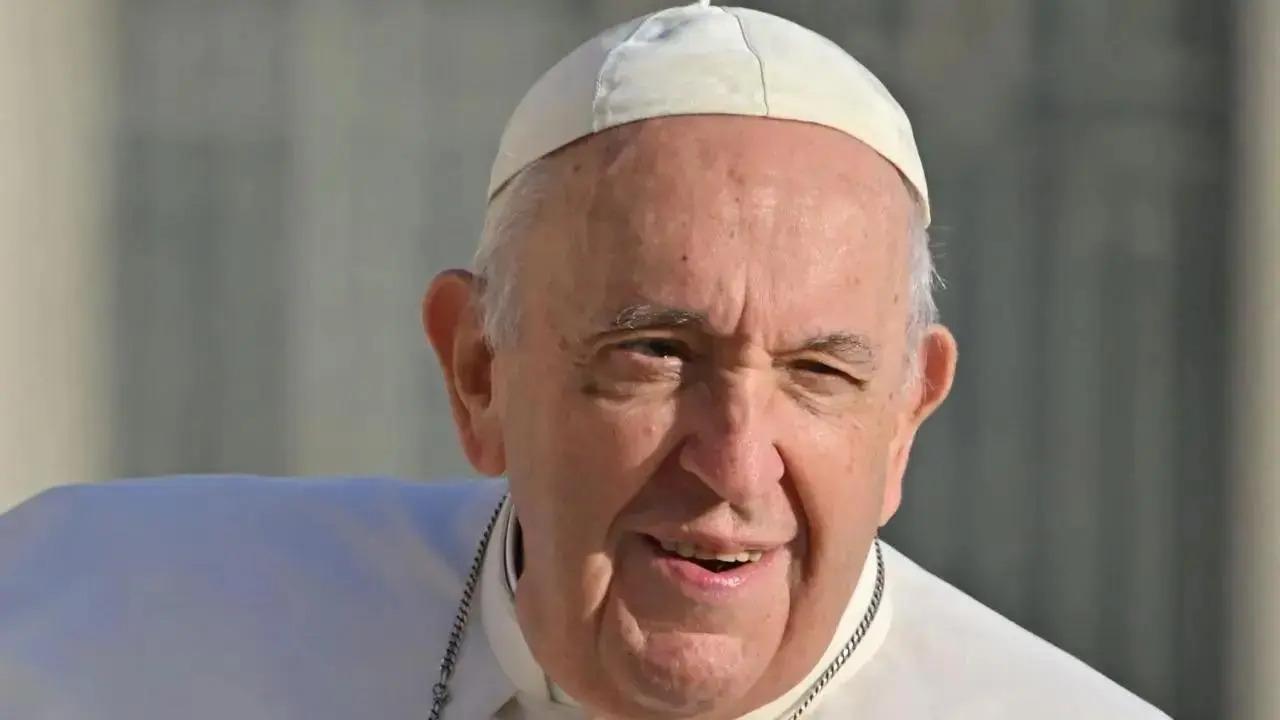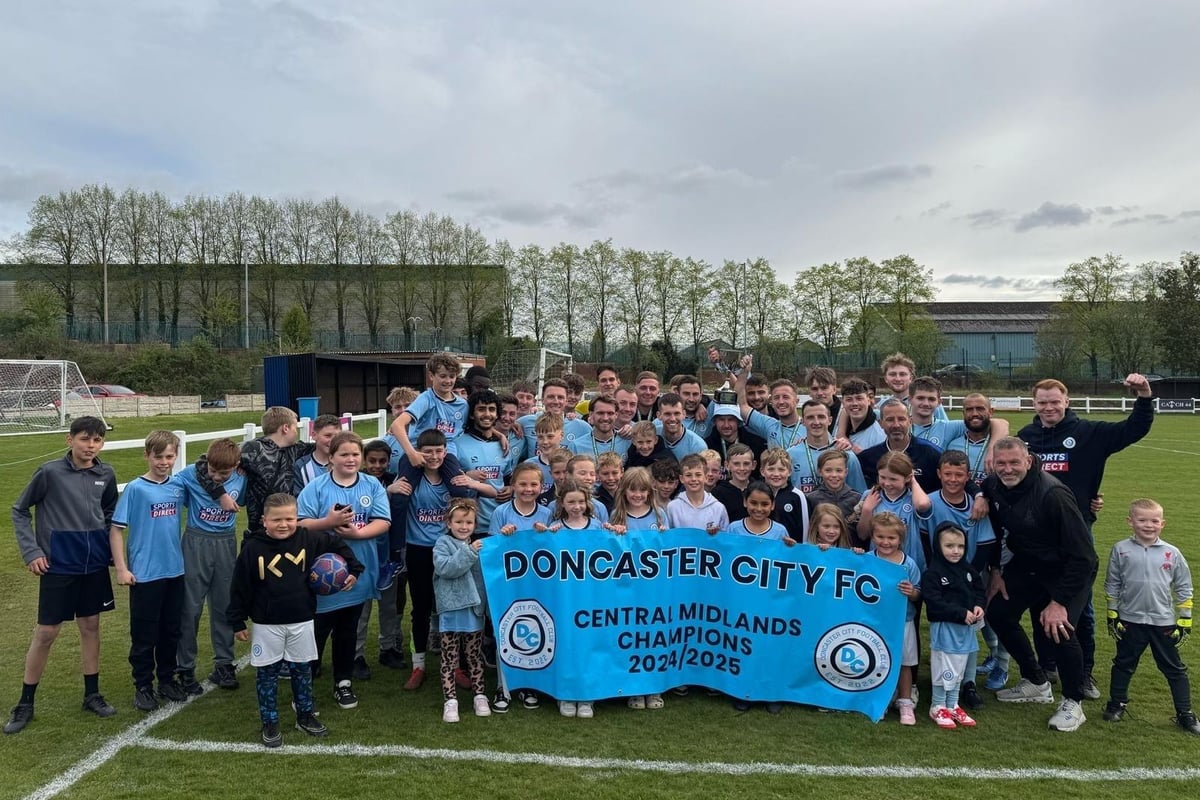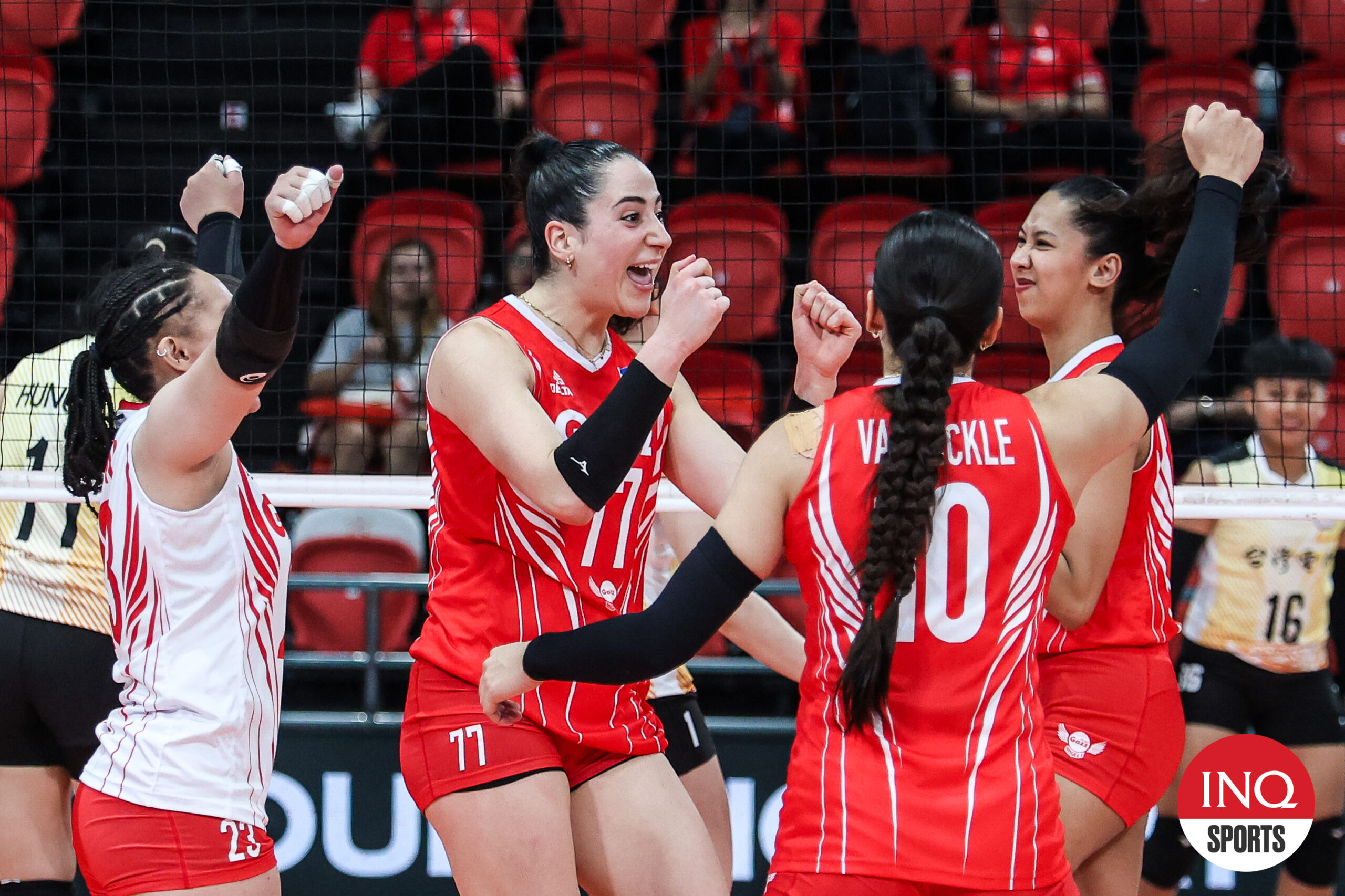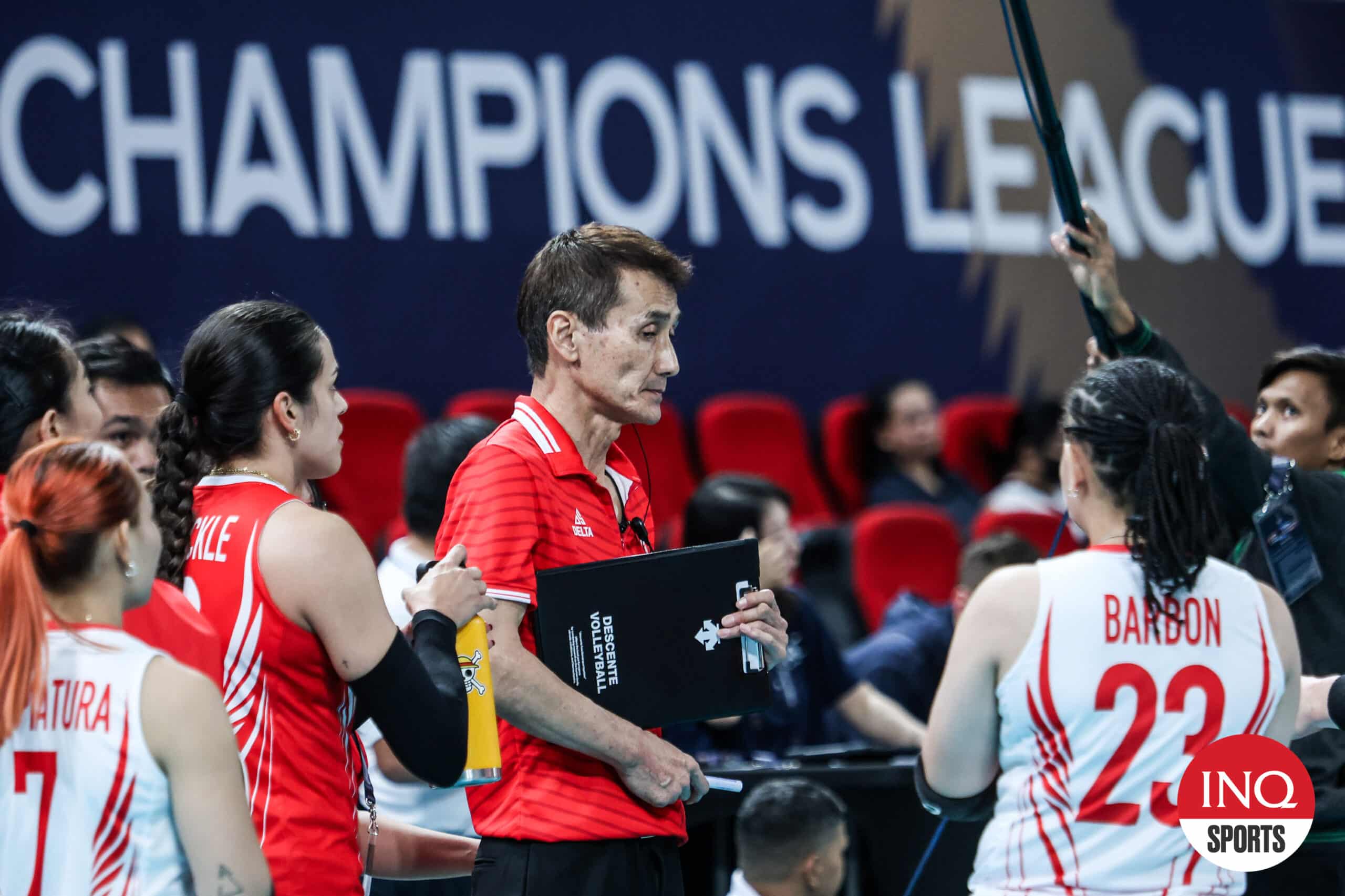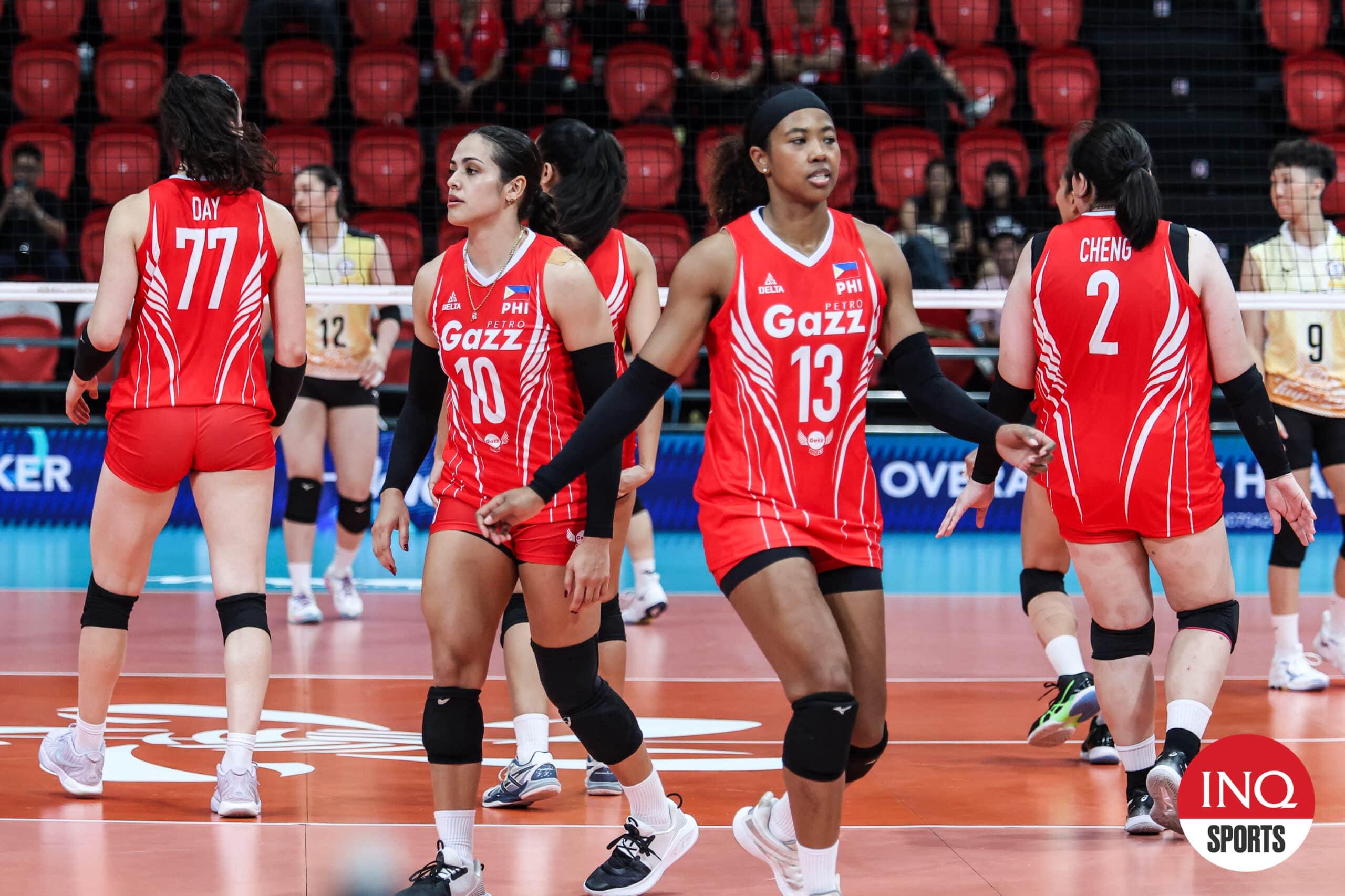(Photo: Craig Gibson)Freddie De Tommaso is an Anglo-Italian tenor from Tunbridge Wells who received universal acclaim in 2021 when he stepped up to rescue an ailing Bryan Hymel, substituting his Cavaradossi halfway through the Royal Opera House’s performance of “Tosca.” The Times described the occasion as a “had to be there moment.”He repeated the role for his Metropolitan Opera House debut in November 2024 where he again received huge plaudits.
He studied at the Royal Academy of Music and his star status was launched when he won the Placido Domingo Tenor Prize and the Verdi Prize at the 2018 Viñas International Singing Competition in Barcelona. Invariably described as having an unequivocal ‘Italianate’ voice and more than once labelled a ‘vocal phenomenon,’ he has been compared favourably with some of the great tenors of the past.OperaWire caught up with Freddie at the Royal Ballet and Opera House where he is rehearsing for “Carmen” alongside Aigul Akhmetshina.

OperaWire: Hello Freddie, thanks for speaking with me after a long day in rehearsal! I was speaking with Aigul Akhmetshina earlier and she was telling me that she feels she has to be more aggressive with you in her Carmen role as you guys know each other well and you’re “a bit of a handful!”Freddie De Tommaso: (Laughing) Well yes, I’m actually quite aggressive with her because that’s the way I think about the character of Don José. He’s a really bad bloke! OK, he has some tenderness within him which you see in his aria and then through the duet with Michaela, so there’s a little bit tenderness but he’s not a goody. And so, I like to bring that out because it’s the other side of the coin from all the romantic heroes that I play, you know?I’m so used to playing the romantic lover, a poet, that kind of person, getting to play a bit of a bastard is actually interesting.
Even in the “La Fleur” aria, which is beautiful, you can show that you’re obviously a lover but you can also show that you’re an obsessive, that your character is a bit of a nutter. That you’ve obsessed over this woman, “I was in prison just looking at this flower and just thinking about you.” If you really think about it, it’s.
.. it’s quite dark, and I like that.
And Aigul is so good. Because we know each other so well, we can push those boundaries of what you can do with each other on the stage, because what I could do with her is further than with somebody that I have a brand-new working relationship with. When you’ve known somebody for so long, both on and off the stage, you become comfortable with each other so it’s awesome.
She’s class, she really is class, and I’ve got to say the whole team’s amazing. The two girls singing Frasquita and Mercédès are awesome..
And then obviously you have Łukasz (Goliński), doing Escamillo, Ross, (Ramgobin), as Morales. The boys, Ryan (Vaughan-Davies) and Siphe (Kwani) as Remendado and Dancaïro and then, of course, there’s Jamie, (Woolard), you know, who is my best mate, as Zuniga and he’s fantastic so it’s really going to be something.I like this role, also, because it lets me flex my dramatic muscles a bit more.
The end of Act three and Act four it’s like singing “Otello.” It’s pretty serious singing so that’s fun; I like to do that.OW: Well, I recall the last time we spoke we mentioned that there were critics who were suggesting that Don José might be injurious to your voice; that you needed to develop more before taking on roles like this?FDT: Look, I mean if a lyric tenor tried to sing it then of course then they’re going to come into problems in Act’s three and four because it’s for a dramatic tenor.
But I AM a dramatic tenor. I’m a young dramatic tenor so t it’s not a problem (laughing), you know?I was speaking just the other day to someone, about how in the last decade or so, people have got confused about voice parts, like tenor or any voice parts, but specifically for tenors; roles relating to people’s ages rather than the voice they have? Which is mad, because what’s happened is that because there’s been a lack of proper spinto and dramatic tenors for the last 20-30 years people have become used to older lyric tenors singing the dramatic and spinto parts. Like that Don José should be a 45-year-old or Radames or Andréa Chenier.
Look at the tenors that created these parts, they were all pretty much in their thirties, mid-thirties.“La Bohème” is the second lightest Puccini role for tenor. The lightest is Rinuccio in “Gianni Schicchi.
” That’s the lightest Puccini tenor part, and the second lightest Puccini tenor part is “Bohème.” But “Bohème” is interesting because it can be sung by anything from a light lyric tenor in a small theater to a dramatic tenor, and everything in between, and it always has been that way. Take Caruso.
Caruso was a dramatic tenor. “Bohème” was one of his favorite parts. So it can be sung by a lot of different voice types, depending on the cast, because it’s an ensemble piece really.
Sure, it’s got arias but it’s very much an ensemble piece, depending on the rest of the cast, the size of the theater, etcetera. it can be done in different ways, but you’ve still got to have a tenor who has enough voice in your scenario to sing Act three. Because Act three, and the quartet, you have to do some proper singing, (vocalizes): ”Amo Mimi sovra ogni cosa al mondo.
Io l’amo!” You have to have a tenor with the ability to sing through a Puccini orchestra.OW: I know working out in the gym is a regular part of your life. How important is it, do you think, for a singer to have peak fitness?FDT: To me, singing is a sport.
It’s a discipline. And the more physical you can be sometimes on stage, the more impact it can have. So, in this production of “Carmen” there’s the fight between me and Escamillo.
..we’re literally doing a full-blown mock knife fight while singing! I mean LOOK; (shows me his arms).
..look at these bruises on my arms! We’re doing it properly.
We have a great time. it was so funny, In the first rehearsal, I was like: “Just throw me on the floor, chuck me over the table, whatever!”You’ve got to throw yourself into it now. It makes it fun honestly.
Sure, there are parts in certain operas, even in “Carmen” or in any opera, bits where it’s like, OK this bit is hard. I need to stand still and sing. And of course I’m not saying that I could sing “Di quella pira” running up and down some stairs, because I couldn’t.
There’s parts in certain operas where you’re like: “No. I’m standing at the front and I’m singing it that way.” Yeah, because that is what you have to do.
Because some of the stuff that you have to do is really hard and you are on you are on a knife edge technically. Especially if it’s Verdi, sometimes you just need to stand at the front and sing to the front and not try and do a dance at the same time. But there are other times where you’re like: “Yeah, come on! Let’s make it look cool.
” But, yes, circling back, fitness is really important, I believe.OW: You are renowned for having what most critics describe as an “Italianate sound.” Is that a deliberation, as a consequence of your studies or perhaps down to your Italian blood?FDT: I think it’s a combination of the two.
I’m a very auditory learner so I’ve learned by listening and also whilst during my studies at academy I listened a lot to the good old singers. You know, singers all the from Caruso all the way up to Pavarotti. Even later, actually, like Roberto Alagna; young Alagna, I absolutely adored, I listened to loads of him.
So I had this Italian sound from all those boys in my ear a lot of the time, and then coupled with my Italian heritage, the fact that we went to Italy every year, I heard Italian being spoken all the time there in Italy and also in my dad’s restaurant...
an Italian restaurant where they were all Italian...
so I had Italian in my ear all the time whether it was spoken or sung so I think the combination of those two things has made my sound I think.OW: That said, I know you have a great historical knowledge of tenors, and I know you also credit other ENGLISH tenors with having some influence on you, Like Charles Craig, Heddle Nash and Walter Widdop who was a Yorkshireman, I believe?FDT: Yes he was. Oh, I’m a big nerd I’m afraid! (Laughing).
The first time a friend of mine played Charles Craig to me, he was like: “Who do you think this is?” And I was listening, and I was kind of going through all the Italian names, it sounded like some of the big names in its Italianateness, but it doesn’t sound like their timbre. So, I said: “I’ve no idea, mate, who is this new unknown Italian tenor?”Turns out he’s a Cockney called Charles Craig! How amazing is that!?But Walter Widdop was my teacher’s favorite tenor of all time. Mark Wildman, my teacher, was the head of singing at the Royal Academy of Music for about 20 odd years and his mother, who was a singer, had the same singing teacher as Walter Widdop, Arthur Hinchcliffe.
OW: You call yourself a dramatic tenor, which you are of course, but you were taught specifically in the Bel Canto way, were you not?FDT: Absolutely. I was taught singing by Mark Wildman and there is a pedagogical line from Mark, directly back to Manuel García who’s the father of Bel Canto. There’s four or five degrees of separation between Garcia and Mark Wildman.
So Garcia taught a bloke, who taught a bloke, who taught a bloke, who taught a bloke, who taught Mark Wildman, who taught me. So that’s a direct link from me to the father of Bel Canto singing. And that’s how I learned to sing.
So, I am steeped in the Bel Canto tradition.That said, there’s not much of the Bel Canto repertoire that I can sing, really. I mean obviously “Norma” is great.
I will keep “Norma” forever. I would sing “Poliuto” which is a dramatic Donizetti opera which is done really rarely. Michael Fabiano did it at Glyndebourne in 2016.
To give a potted history...
I think. With Bel Canto, Bellini, Rossini, Donizetti, that whole style of writing, I think of it as numbers writing. By that, I mean aria, duet, trio quartet.
The voice was the number one thing. It is purely about the beauty of the singing..
.(vocalizes some excerpt examples)..
..these guys influenced people like Verdi.
In early Verdi you here a lot of Bel Canto. In “Rigoletto” for example, “Questa O’ Quella” is very Bel Canto-ish.Then Verdi, as he grew, got influences from some French grand opera and Wagner was starting to wind his way, and his writing became more through-composed, finishing with “Otello” and “Falstaff.
” Think about “Otello;” there’s no arias in “Otello.” Okay, there’s the Willow song..
.or in “Falstaff,” OK, so you have moments where a singer is singing alone, but it’s not an aria, duet, quartet.Then as Verdi was finishing, you had Cilea, Giordano, Mascagni, Puccini, the Verismo boys, growing up hearing this stuff, and then the orchestration suddenly became more profound, and that was Wagner, really.
Wagner and Strauss, who showed that the orchestra can do a lot. The singers can do a lot, yes; but the orchestra can do a lot. And they stretched it out and stretched it out and it became bigger textures and suddenly you had instruments echoing the voice, you know? Imagine any Puccini aria, you’ve got at least one department of the orchestra playing your part.
So if you’re singing: ”Ma il mio mistero è chiuso in me,” from “Nessun Dorma,” you’ve got the strings doubling that.So, now with the big dramatic Verismo music where the orchestra is so big, you have to have a voice that will punch through the orchestra. But you have to always sing with this particular technique.
Because if you start singing in, like a verismo technique, i.e. barking and shouting, you’re not going to last.
You can do it for maybe five years. The point I’m trying to make is that “Norma” is very different gravy for me. It’s a difficult and demanding role to sing.
It’s from that Bel Canto circle whereas much of what I sing is from the Puccini, Mascagni, later Verdi, so It’s quite a big jump, but I’ve absolutely loved it.OW: You’ve performed quite a bit with Lise Davidsen. Is that likely to become a regular thing do you think?FDT: I think so, I mean, obviously; number one, we’re really good friends, we get on like House on fire.
We’ve got the same agent; we’re with the same record label. It’s kind of a perfect scenario in that way. Obviously she now is venturing more into the Italian repertoire, because obviously if she only sang Wagner and Strauss then we wouldn’t do anything together.
But we’ve sung a fair few things together now, obviously lots of “Tosca,” Verdi Requiem. We’ll do some Verdi. I think she’ll be a fantastic Aida.
She has an astounding voice. She has another gear that nobody else has. I don’t know, I’m jealous, I want that gear! She has like a turbo gear.
She gets to one, she’s gone through the gears, she’s at five, and then suddenly she’s like, boom, boom, six. And it’s like, what? That’s not fair. It’s amazing.
The sensation of singing with her when she does that, like in “Tosca” when we jump up to either the A or the B together. Obviously my voice isn’t small, but next to hers it’s like: “Fred, you may as well shut up!” Because she’s just going WAAAAAAA! And the spectrum of the harmonics is so big. She’s got incredible squillo in the top.
It’s got a lot of bottom harmonic as well, it’s unbelievable.OW: So what does the future hold of Freddie? What are you planning to sing that you haven’t sung yet?FDT: I’m just slowly making my way through The Italian repertoire. I’m 32 now, and things are planned for four, five, six years out.
Along that way, now with the way it’s panning, I can plan the most dramatic things. Things like “Otello” and that kind of thing are now coming into view for when I will do them. But yeah, I’m basically just climbing the ladder of the Italian repertoire.
So, at the moment I’m in the middle lyric Verdi, shall we say. I’ve done “Un ballo in Maschera,” I’ve done “Simon Boccanegra.” I’m now going to do “Trovatore,” “Aida,” and “La Forza,” and then I’ll do “Ernani” and “Otello.
” This summer I’m going to do my first “Cavalleria Rusticana” in Verbier, Switzerland, so that will be good. And then obviously in the next few years I’ll be adding the other Puccini’s in: “Turandot,” “Manon Lescaut” and “La Fanciulli del West.”The post Q & A: Freddie De Tommaso on Tenor Roles & Repertoire That Resonate Most With Him appeared first on OperaWire.
.
Sports
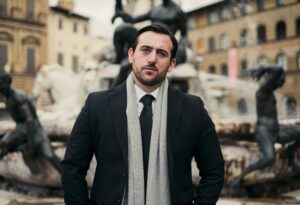
Q & A: Freddie De Tommaso on Tenor Roles & Repertoire That Resonate Most With Him

(Photo: Craig Gibson) Freddie De Tommaso is an Anglo-Italian tenor from Tunbridge Wells who received universal acclaim in 2021 when he stepped up to rescue an ailing Bryan Hymel, substituting his Cavaradossi halfway through the Royal Opera House’s performance of “Tosca.” The Times described the occasion as a “had to be there moment.” He repeated the role for his Metropolitan {...}The post Q & A: Freddie De Tommaso on Tenor Roles & Repertoire That Resonate Most With Him appeared first on OperaWire.









